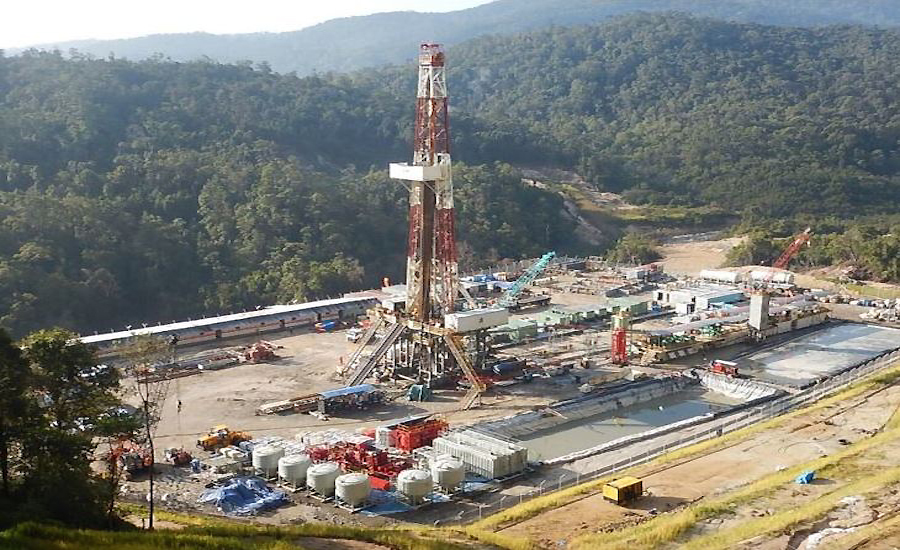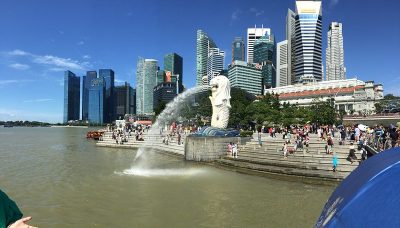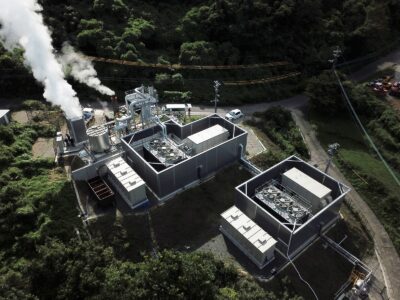INAGA – New regulation on incentives could hurt geothermal investment in Indonesia
New regulation introduced in Indonesia on incentives for development of new and renewable energy sources is receiving some pointed opposition by the Indonesian Geothermal Association (INAGA) describing it as possible harmful for attracting investment for geothermal development.
A new regulation introduced in Indonesia on incentives for development of new and renewable energy sources is receiving some pointed opposition. The new regulation is expected to actually discourage investors from putting money into this sector, so the Jakarta Post.
Now, the Indonesian Geothermal Association (INAGA) reports being very disappointed with the Energy Ministry’s regulation No.12/2017 on the use of new renewable energy for electricity. INAGA fears that the rule will hamper efforts to discover geothermal reserves.
“The clauses are so biased, they could hamper geothermal exploration,” INAGA chairman Abadi Purnomo said on Sunday, February 5.
Abadi said the 11 clauses govern that a geothermal SPA can only be signed once the developer has proven reserves, which requires exploration that costs US$8 million-US$10 million per well.
“Who would want to pay for the explorations? And businesses will not take risks of drilling wells if there is no guarantee someone will buy the electricity,” he said.
Energy Minister Regulation No. 12/2017 governs the price of electricity conjured from new renewable energy sources—including biomass, sun, wind, water, biogas, waste, and geothermal. The Ministry’s director general for renewable energy and conservation Rida Mulyana said the sales price is based on each producing area’s costs.
Rida also said that the rule provides certainties for electricity developers—guaranteeing that PLN will buy electricity from them. The rule, he said, clearly mandates PLN to buy power from clean energy sources.
The government has also allowed PLN to negotiate with developers farming energy sources in Java, Sumatera, and Bali. Abadi argues that negotiations are a source of problems hampering power purchase agreements (PPA) between PLN and developers.
However, Rida ensured that negotiations will not stall power plant constructions, as the Ministry has the power to determine the final sales price.
The government is targeting to have 7,200-MW geothermal portion in Indonesia’s energy mix by 2025. Without breakthroughs, Abadi said, this target is difficult to achieve.
Source: Tempo.co.id, The Jakarta Post


















